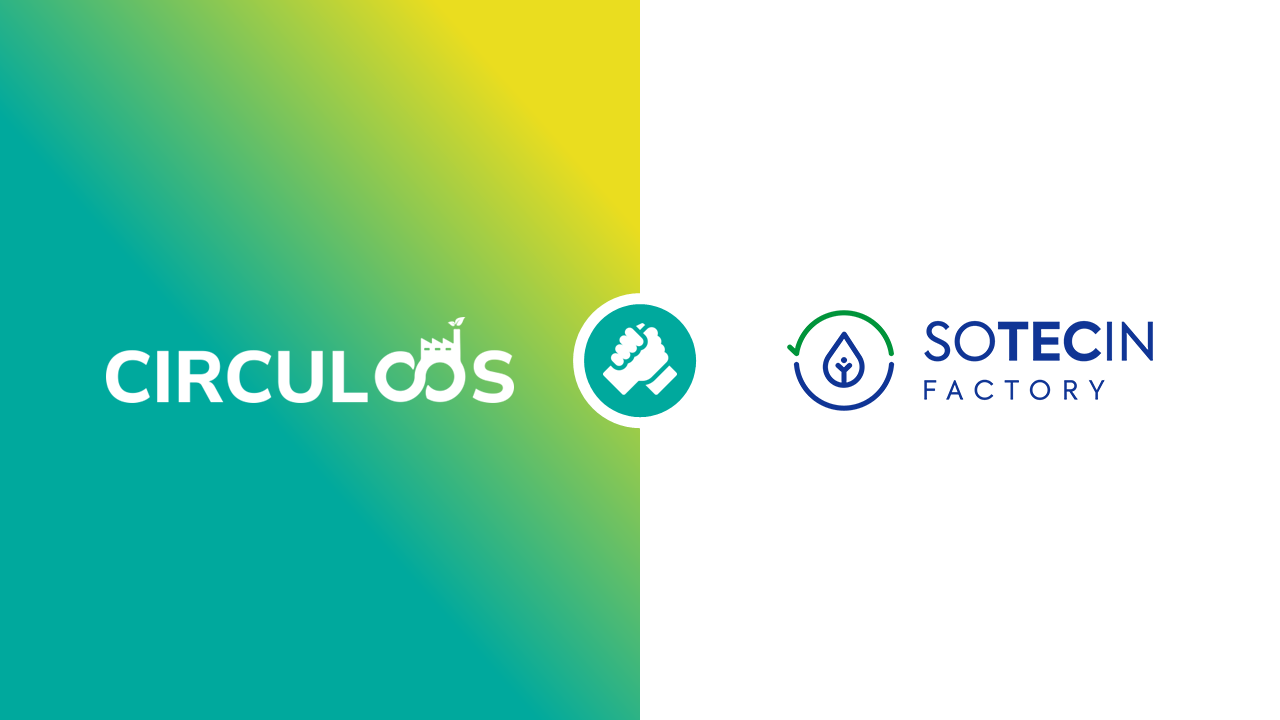What is the SoTecIn Factory project about, could you describe it briefly?
Social and Technological Innovation Factory for Low-Carbon and Circular Industrial Value Chains – SoTecIn Factory is a project funded by the European Commission’s Horizon Europe programme. The consortium led by INESC TEC, and composed by 5 other European partners (F6S, bwcon, Impact Hub, Metabolic Ventures and CNR), teamed up to achieve their common mission for a more sustainable and resilient industry by connecting it to mission-based innovators.
Moreover, the project offers a 3.3 million EUR equity-free fund, capacity-building and business support to social innovation solutions in transforming industrial value chains into low-carbon based on higher R circular economy strategies.
What are your objectives?
The project’s main goal is to establish the SoTecIn Factory as a collaborative space to enhance the resilience and sustainability of European industry by supporting mission-oriented innovators and connecting them with technology providers and industrial companies to turn circularity ideas into pre-market demonstrations.
Furthermore, the project is dedicated to further bringing together this cross-border community to interact and spread circular research and news via LinkedIn group called Innovative Minds: SoTecIn Factory Community.
The SoTecIn Factory focuses on improving the circularity of 4 key value chains—packaging, plastics, textiles, and food, water, and nutrients—out of 7 defined by the EU Circular Economy Action Plan, through the support of their systemic transformation based on Higher value circular economy strategies, i.e. Refuse, Rethink, Reduce, Reuse, Repair, Refurbish and Remanufacture.
Which are the main challenges that you face?
Led by its 7 Regional Hubs, SoTecIn Factory brought together a diverse range of industry, academia, NGOs and public sector members to define, and steward 7 Missions, formulated as general circular challenges and objectives for 3 target value chains across 7 economic regions.
This mission-oriented, open social innovation approach also involved selecting Challenge Owners, 23 private and public industry actors facing mission-based sustainability challenges, Tech-savvy innovators proposing sustainable, social innovation solutions, and 7 Mission Councils, 40+ industry experts overseeing challenge progression, early-stage enterprise development, solution deployment, and alignment with the overarching missions.
Tell us about the digital innovations you are developing.
So far, SoTecIn Factory has successfully completed 2 Open Calls for Social Innovators as part of its EUR 3.3M programme, supporting mission-driven ventures that advance low-carbon and circular economy transitions through higher R circular strategies. The selected solutions address circular challenges aligned with the project’s sustainable industry Missions.
A total of 50 ventures are supported via two programmes, each one granting 25 innovators with up to EUR 15K in Phase 1. From these, 30 advanced to Phase 2 for pre-market technological demonstrations with up to EUR 85K in additional funding. In addition to equity-free funding, beneficiaries gained access to capacity building, business support, and the consortium’s expertise in circular business models, systemic change, social entrepreneurship, and funding strategies.
Where are you going to demonstrate these innovations and how?
There are 3 key product value chains (Textiles, Packaging & Plastics and Food, water & nutrients) as the main micro settings of the 30 demonstrators. Each one must be tested with the specific actor(s) in their respective value chain, serving as a micro setting and possibly the first customer of the presented solution.
Which outcomes do you expect to get at the end of the project?
By the end of the project, The SoTecIn Factory consortium aims to support delivering 30 pre-market demonstration projects, as part of a its final conclusion of fostering 50 sustainable innovations for low-carbon industry transformation and promoting inclusive entrepreneurship with positive social impact.
These efforts aim to cultivate a new generation of tech-savvy social entrepreneurs, establish new business models through industry-society partnerships, and ensure long-term impact by enhancing autonomy in strategic value chains for a more resilient industry.
What do you think about projects such as SoTecIn Factory and CIRCULOOS and their importance for the circular economy?
Projects like SoTecIn Factory and CIRCULOOS are great examples on how to advance the circular economy by tackling industry challenges and fostering innovation. They showcase the importance of cross-industry collaboration, by bridging gaps between stakeholders, from small enterprises to policymakers, while driving systemic change. These initiatives demonstrate that transitioning to a circular economy is beneficial for businesses, society, and the environment, while serving as models for industries to become low-carbon, resilient, and circular.


